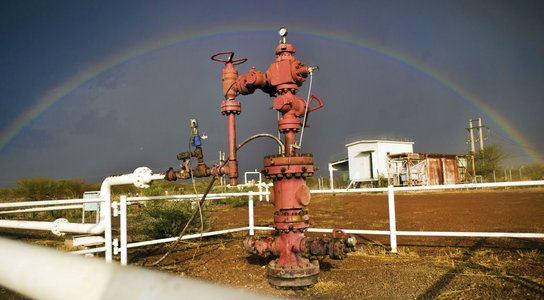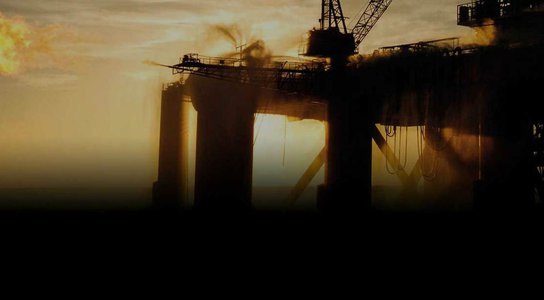When launched in 2001, the Extractive Industries Transparency Initiative (EITI) was a remarkable global multi-stakeholder initiative focusing on a critical global development issue: how to make sure that the billions of dollars of oil and mining wealth flowing into national budgets is better tracked and managed. Since its launch, the EITI has extended reporting to 48 countries, including the UK and United States, and reported on nearly a trillion dollars’ worth of natural resource revenues. Global Witness sits on the international board of the EITI.
The EITI’s commitment to beneficial ownership disclosure
Natural resources are crucial to the development and prosperity of resource rich countries. Citizens own these resources and have a right to know who controls the companies that extract them and who benefits from the revenues raised. Without this transparency there is a lack of trust between governments, citizens and companies. Revealing the ownership of extractive companies helps prevent conflicts of interest that enable corrupt officials to siphon off cash that could pay for schools, hospitals and skilling people up in countries that badly need it.
After a campaign by Global Witness and its civil society partners in the Publish What You Pay coalition, the EITI 2013 standard included a ground breaking new provision calling on countries to publicly disclose the real owners who benefit from oil, gas and mining companies as of January 2016. As this was a new provision, the EITI decided to pilot it in 11 countries (Burkina Faso, Democratic Republic of Congo, Honduras, Kyrgyz Republic, Liberia, Niger, Nigeria, Tajikistan, Tanzania, Togo and Zambia). Ahead of the EITI Board meeting in April in Brazzaville, Global Witness undertook an analysis of the data produced by the pilot countries to date. Our analysis indicates that the main barriers to better beneficial ownership disclosure was a lack of clarity in the information provided to companies on what they should disclose and a refusal of companies to provide this information.
Is the EITI’s credibility at stake?
Our investigative work continues to reveal more and more cases of how anonymous companies are used to facilitate corruption of natural resources in key EITI countries (OPL 245, Congo Secret Sales). In addition, in the last two years global momentum to tackle the problem of anonymous companies has been building including commitments from the G20 and G7 and new laws in the EU, UK, Ukraine and Norway. Business leaders are also calling for an end to anonymous companies:
With growing evidence that hidden company ownership is the principal means of corruption in EITI countries, the world is watching to see if the initiative will take a stand in favour of greater transparency and assert its leadership globally.
The EITI should continue to be courageous and at the vanguard of global developments by ensuring beneficial ownership disclosure becomes a requirement on all companies involved in natural resource extraction by January 2016.


